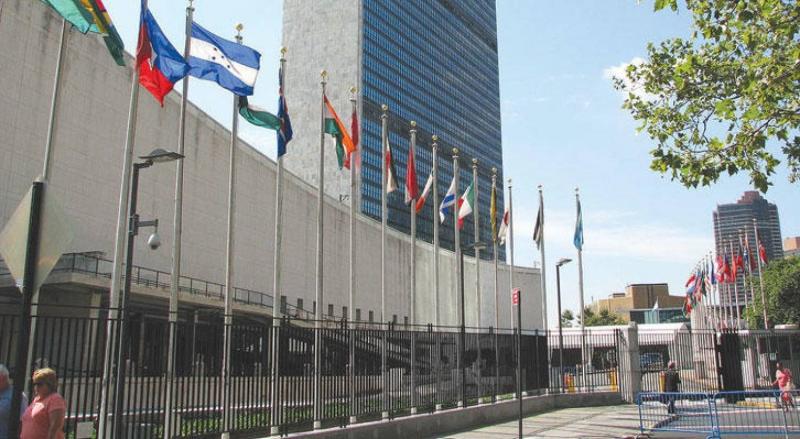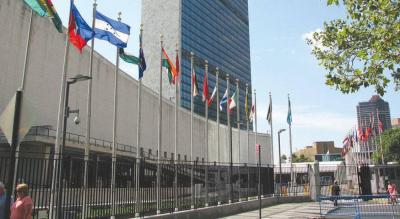The United Nations Security Council announced this evening, Monday, the adoption of a resolution calling for an immediate ceasefire in the Gaza Strip during the holy month of Ramadan, along with the unconditional and immediate release of Israeli hostages. The Gaza Strip is facing an intense attack by the Israeli army in response to an assault carried out by Hamas on October 7. For more than five months, the Security Council has failed to pass a resolution calling for a ceasefire in Gaza to protect civilians. The United States has used its veto power on several occasions to obstruct the adoption of a resolution for a ceasefire, claiming that such action would disrupt ongoing negotiations between the parties to the conflict. On one occasion, Russia and China voted against a U.S. proposal that claimed to aim for a ceasefire, but the opposing countries stated that the U.S. administration intended to grant Israel more freedom and shield it from accountability.
Will Israel implement the Security Council's decision today? Fourteen members of the Security Council supported the resolution voted on today, while the United States refrained from voicing an opinion or using its veto. According to the UN Charter, resolutions adopted by the Security Council are legally binding and must be enforced upon all member states. Mustafa Barghouti, Secretary-General of the Palestinian National Initiative, stated that the Security Council's resolution for a ceasefire in Gaza is "binding," adding that the resolution dealt a "blow" to Israeli Prime Minister Benjamin Netanyahu. Barghouti further stated, "The Security Council's decision for an immediate ceasefire is binding and has struck a blow to Netanyahu and his extremist and aggressive government." He continued, "If Israel refuses to implement the binding resolution for an immediate ceasefire, then the international community, along with all Arab, Islamic, and global governments, must impose sanctions and boycotts on it to compel it to respect the will of the international community and international humanitarian law."
He clarified that "although the resolution was unbalanced regarding the prisoners, as it did not explicitly mention the need to release thousands of Palestinian prisoners and detainees from the West Bank and Gaza Strip, it confirmed the necessity of removing all (Israeli) obstacles to the delivery of humanitarian aid to all areas of the Gaza Strip, where residents are suffering from famine." He noted that this "means the freedom of all residents of Gaza to return to their homes and areas from which they were displaced." Following the adoption of the resolution, the office of Israeli Prime Minister Benjamin Netanyahu issued a statement attacking the decision, revealing that Israel will continue the war to achieve its objectives. For its part, the Palestinian resistance factions expressed their support for the resolution, welcoming commitment to it as long as the occupying forces comply.




